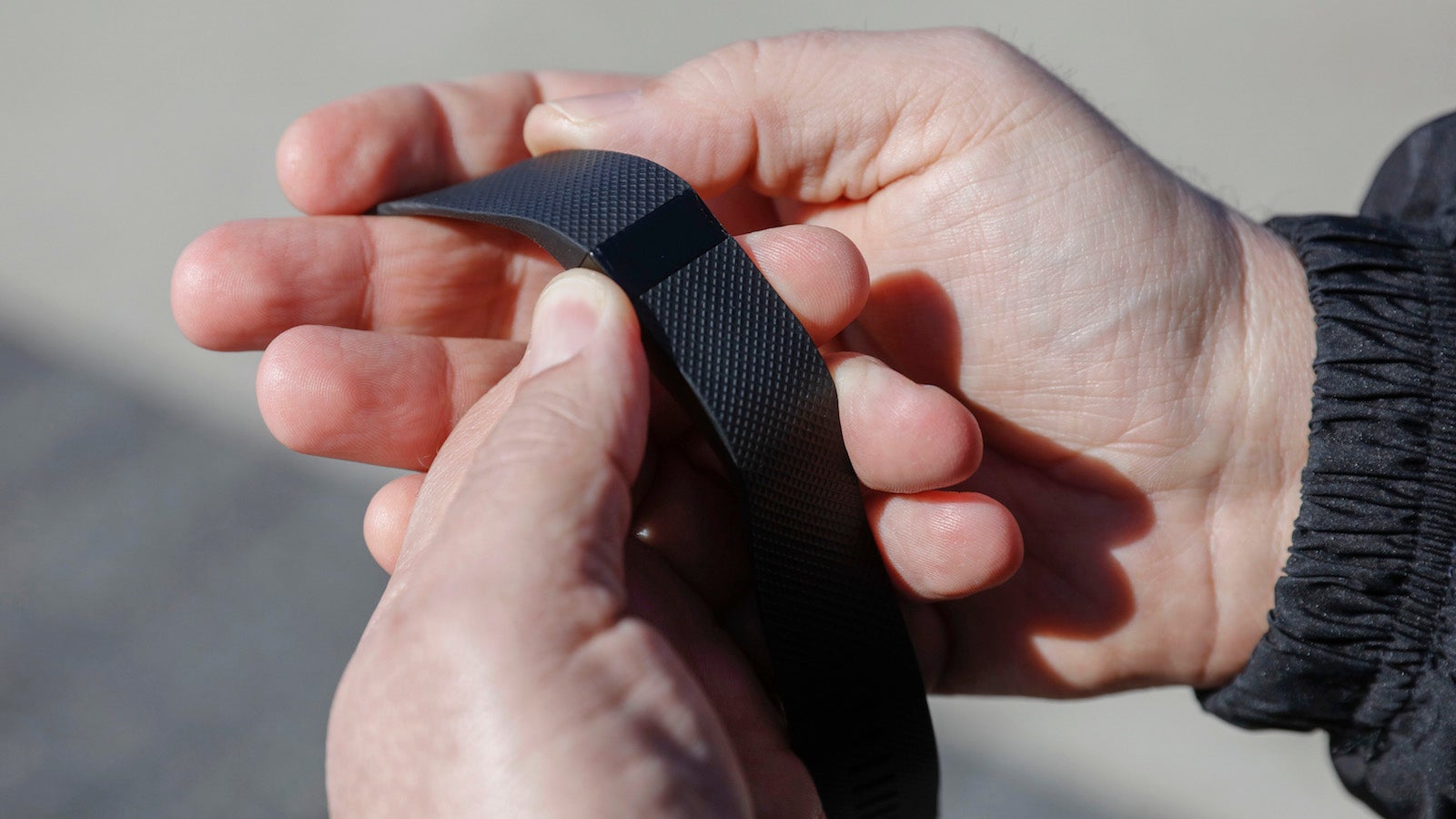Doctors are telling their patients to get fitness trackers, and they aren’t listening
It seems patients aren’t quite getting the message when their doctors recommend incorporating wearables and other fitness trackers into their lives.


It seems patients aren’t quite getting the message when their doctors recommend incorporating wearables and other fitness trackers into their lives.
About 30,000 US patients were asked if their primary care provider had recommended using wearables, in a Nielsen study (pdf) commissioned by the Council for Accountable Physician Practices (CAPP). Only 4% said yes. The year before, Nielsen posed the same question to about 5,000 patients, and 3% said yes. A similarly low level of people reported their doctors prescribing mobile apps to track physical activity or monitor biometrics like heart rate in both years.
The physicians tell a different story. Compared to the patients, a much greater percentage of primary care providers surveyed by Nielsen said that they had recommended fitness-tracking wearables or mobile apps to their patients in the last 12 months.
The chairman of CAPP said in a statement that the data revealed “the failure of American healthcare to provide coordinated, technologically enabled, high-quality healthcare to the majority of people,” but a number of things could explain the gap between doctors and patients. For example, physicians may have answered that they recommend fitness-tracking tech, but they may be giving that information to only a small percentage of their patients.
Still, if medical experts’ messages are really going unheard, that doesn’t help the real challenge that the fitness tracker industry faces: getting people to stick with the technology. A study last summer found that one third of people who use fitness trackers stop after just six months.